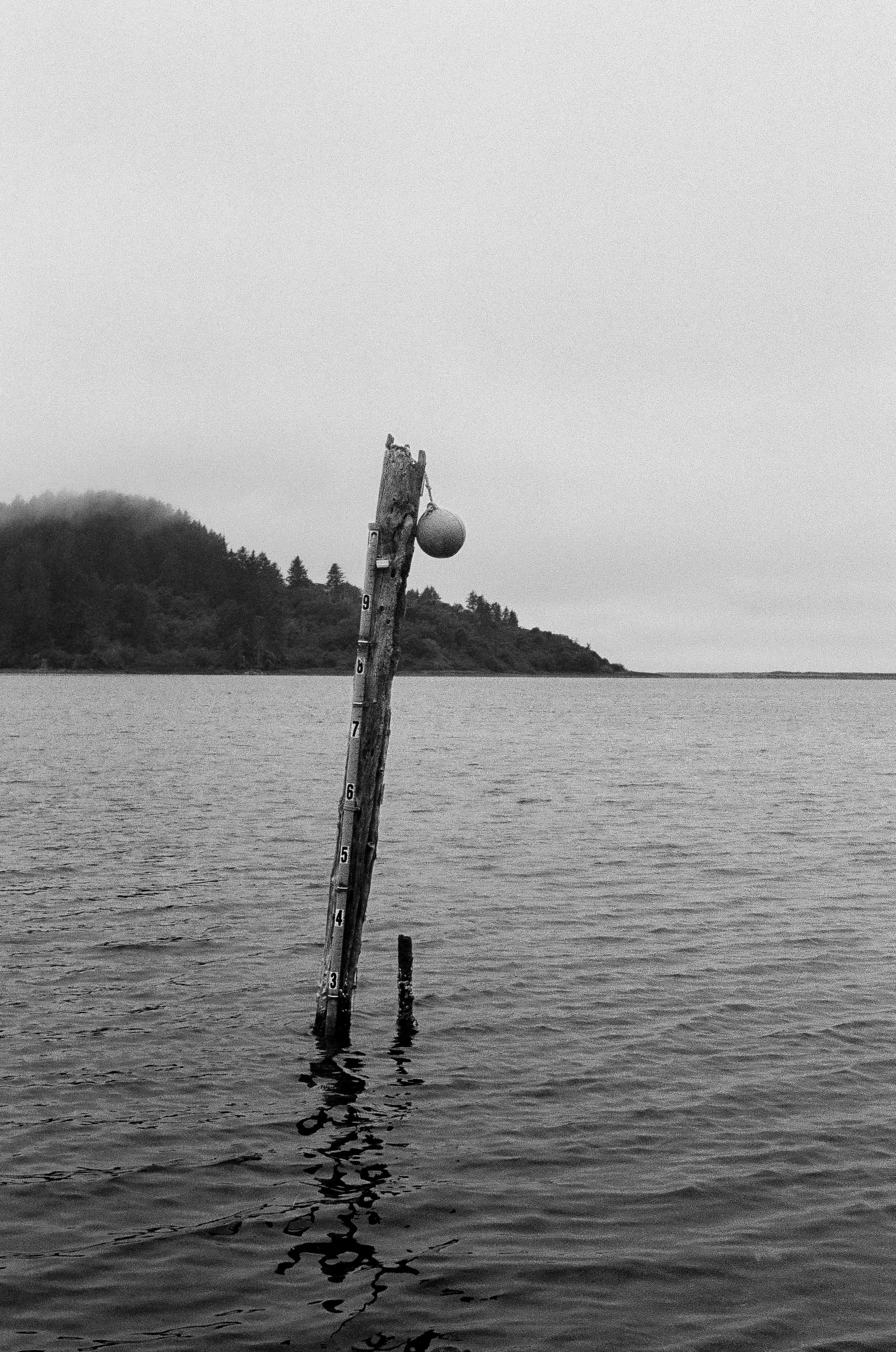My Friend Oli
By Antoinette de Crombrugghe
Image Credit: Trisha Sharan
As far back as I can remember, Oli has been in my life. I never questioned his presence beside me until recently as it had always felt like he was an inevitable part of me, as if placed there by some higher, deterministic force. This piece is deeply personal to me, as I can finally lay down on paper the complexity of our relationship, one that has been the cause of my happiness while also being the source of my greatest fears, helplessness, and anxiety. Oli feels like one of those rare, once-in-a-lifetime encounters, someone you feel bound to in an unshakable way, expanding your every horizon, making you believe they can help you realize all your hopes and dreams. The first memories I have with him are peaceful, almost naïve. Back then, I didn’t question the world we lived in, and Oli certainly never challenged the structure of our existence.
We were inseparable. From our daily routes to school, to the countless trips we took abroad, to Christmases surrounded by mountains of gifts, Oli was always by my side.
My teenage years, when one seeks acceptance and is easily influenced, were when I was closest to him. I found myself more drawn than ever to everything he represented: wealth, new clothes, and that smooth, polished life he made seem so attainable. Oli deeply shaped my understanding of what a “good life” looked like. I believed that true freedom and prosperity were tied to owning a big house and a car, like the ones Oli seemed to promise. His influence made me equate these material achievements with success, believing that once I had them, I would be settled into being a prosperous, free woman. Oli’s hold on me was not just personal, but part of a much larger cultural narrative, one carefully constructed to make his way of life feel natural and inevitable.
But there was one place where Oli never came with me—and strangely enough, these became my fondest childhood memories: summer camp. Once a year, I spent two weeks without him, completely disconnected, camping in the wilderness, eating food from nearby farms, and swimming in rivers. The first few days always felt empty, as though his absence created a void. But soon, our relationship faded into a distant memory. It was then that I first sensed, deep down, that a world could exist without him. He had always made me believe that life without him was unimaginable, yet there I was, breathing easier, feeling lighter, as if I was rediscovering a truer version of myself. It became clear that our bond wasn’t just about the moments we shared, but it was intertwined with larger, pre-existing tensions and dependencies. I unconsciously understood that my attachment to Oli was built on fragile foundations, at risk of collapsing, simply waiting for a strong and urgent enough moment to unravel everything.
Oli has this aura. Most people are immediately drawn to him. My parents were no exception, yet they always warned me about him. I recall my mother telling me that what he was portraying would never bring me true fulfillment. But it was only during my first climate science class at the beginning of my studies in Maastricht that I began to see another part of him. The professor revealed how Oli and his family built their wealth at the expense of others. They are among the most powerful forces in the world, shaping policies and controlling governments. Their influence wasn’t born out of necessity but from a deliberate choice to prioritize profit and control. My idealized version of my friend crumbled, and I knew my worldview would never be like before. It made me realize how mysterious my friend actually was and how little I knew about him. Oli has a particular way of taking up time and space. Oli has a way of slipping into every corner, occupying time and space in a subtle yet all- encompassing manner. This is what makes him particularly attractive; his presence is discrete but constant, able to fulfill my every need without interruption. I began to undersand how deeply our relationship had affected me in every aspect of my life, whilst I remained largely disconnected from his deeper self and everything that surrounded his existence.
From that day on, I actively decided to distance myself from Oli. Because everyone seems to love him so much, I often feel isolated in this decision. Most people don’t question the mystery that surrounds him as he makes everyone feel so comfortable. They can’t understand why I have to be so “extreme” in turning my back on him. After all, they say I’m privileged enough to have this deep relationship with him, born in the right place at the right time. Yet, cutting ties with him is harder than I imagined. He’s shaped the terms of my existence since I was young, influencing my choices and defining what’s familiar. He’s the reason I’m torn between what I believe and how I act—a constant state of cognitive dissonance. Deep down, I know I should stay far away from him. But etting go of Oli would leave me stranded, disconnected from everything that’s been part of my world until now. Maybe the answer isn’t total separation but learning to coexist while gradually surrounding myself with new influences, diversifying my connections, and showing others that Oli isn’t the only path. It comes down to revealing that the people who have shaped our reality for so long are the ones trapping us in narrow perspectives. There is a way without them that can be as bright.
Antoinette de Crombrugghe is a current Climate School graduate, specializing in climate reporting.

